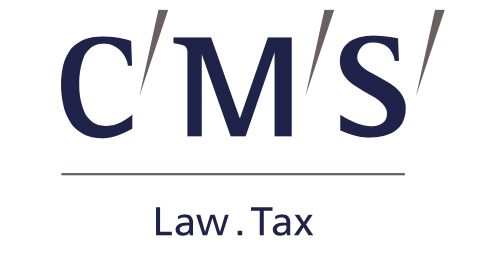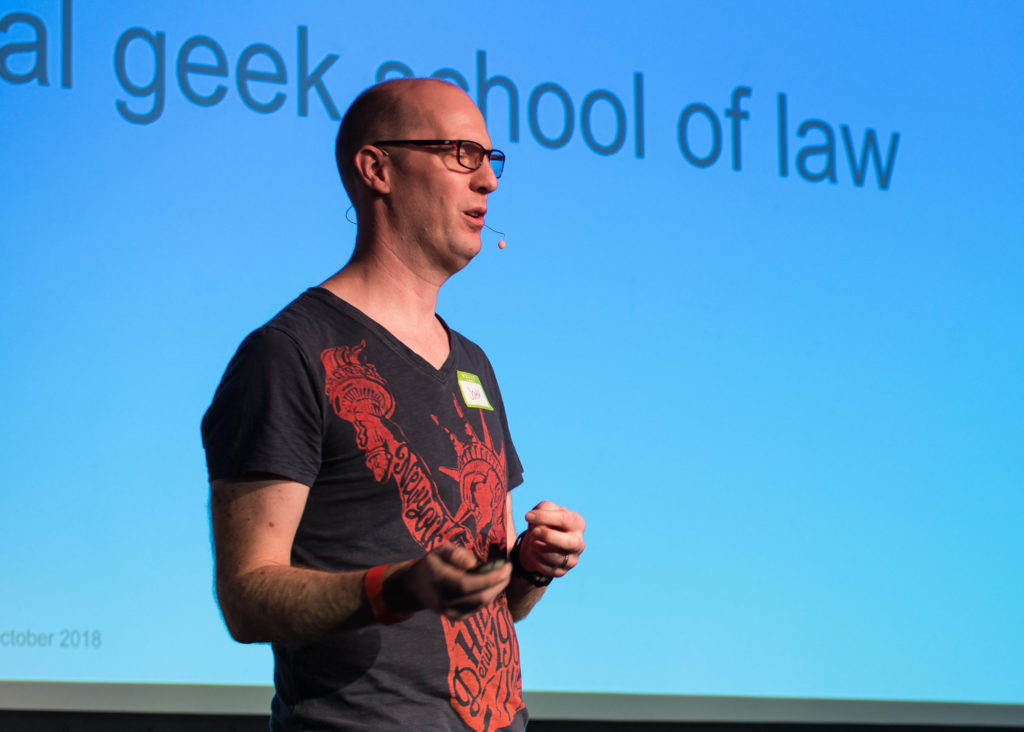
Welcome to another Legal Tech Leaders Profile of people pioneering with legal automation, AI and data analytics in law firms and inhouse legal teams.
Today our Legal Tech Leader is John Craske, Head of Legal Service Design & Delivery at International Law Firm, CMS.
What is your role inside the firm?
There are probably two parts to my role – the first is defining and executing our strategy on how we use all of the resources at our disposal (think people, process and technology/tools) to solve our clients’ challenges and deliver brilliant legal services. That includes making sure we have the tools and other resources we need and how we bring them together.
The second part is the advocacy and practical advice to help our clients and lawyers ‘work smarter’, designing solutions using all of these resources.
I’m convinced that the key thing to realise the promise of technology in legal is to help people engage with and work out how to use the tools and other resources in the real world.
What are the main legal automation and AI systems that your law firm is currently using?
We use HotDocs extensively internally and as part of our Client Automation Portal that allows clients to find and automate documents.
We use Kira Systems to support contract and document reviews. We also use HighQ’s Collaborate to share large volumes of documents and data and to help manage and automate some basic processes, especially for things like Data Subject Access Requests and specific client workflows.
For the larger volume work types, such as large volumes of claims for some clients, we use MatterSphere.
Finally, we have a well-established inhouse electronic discovery team and toolset that includes Relativity, Nuix and Brainspace. Brainspace is a really powerful and interesting tool to visually explore and investigate large data sets.
Does your firm have a dedicated ‘Innovation Team’ and/or a group focused on new legal technology/new types of service delivery?
Yes – we recently launched CMS by Design, which is our name for our innovation approach and the name of the group at CMS looking at innovation.
Our approach is all about how we use technology and help clients solve their problems: whether that is consultancy style advice and solution design, helping clients design and develop their own applications to meet a specific need, supporting GCs and legal teams with understanding the landscape and the art of the possible, through to up-skilling legal teams in all things digital.

We also have a Legal Project Management team whose focus is all about helping make sure we get the scoping, pricing and service delivery right as well as connecting the dots for people who are not so familiar with all of the tools / technologies and other resources.
We are determined to build on our innovative culture at CMS too – and there is loads of activity in this area. I recently presented at the Legal Design Geek conference on one aspect of this – how we build the next generation of legal service designers: essentially we need to change how we train and recruit people if we want our lawyers in the future to think and use tech more as part of our service delivery. If you are interested, check out my article on LinkedIn.
Does your firm have specialised teams/bases to handle ‘process’ or volume matters for clients? How do they benefit the clients?
In addition to the Legal Project Management team that I mentioned above we have our Legal Services Unit (LSU), which is a large team of paralegals (around 70-strong) focused on the more routine, process-led and volume legal tasks.
By the nature of the work the LSU team are very close to the technology tools we use so can help with adoption. We are now formalising this and building a legal tech team within the LSU. Our aim is to specifically support our lawyers and clients on using the tools in practice.
The LSU team has grown significantly over the last few years and has become a key part of our delivery strategy. Clients tell us that they want us to use the right level of resource for tasks and the LSU is one of the ways we can make sure we do this.
The LSU team have also become pretty expert in many of the things you might associate more with the LPO providers, like document review and contract review, that are tech-enabled. Clients also tell us they like the fact that our LSU is a CMS team and how we work seamlessly with our lawyers as part of one legal team.
We have loads of examples of projects and long-standing work streams where we’ve done something quite different for clients with the right combination of people, process and tech tools.
When it comes to the impact of using automated systems, for example for AI doc review, how much of a benefit have they been so far?
We have certainly seen some early benefits of using tools like Kira and Brainspace.
When teams engage with them well there can be significant time-savings. For example, in one large contract review exercise we saw savings of about 30% when we used Kira in conjunction with our LSU paralegal team and a customised HighQ site.

The elephant in the room perhaps though is that there is still a long way to go across the whole industry in terms of adoption and use of AI and other technologies.
There are also many many opportunities to improve processes using some more low-fi tools and technology. As one of the speakers at the Legal Design Geek conference said: ‘Don’t automate a sh*tty process,’ and we all have plenty to do here!
In the longer term though – if we can get the model for engagement, adoption and support right, technology tools will become a key part of our delivery strategy.
Do you feel that clients are asking for the use of AI and automation technology, or is this something the firm is leveraging on its own initiative?
Clients are definitely asking us to use technology more. There are questions on efficiency, use of technology and innovation in almost every significant RfP.
However, the understanding of what tools can do and the benefits they can bring (and what that means in terms of how projects should be structured or preparation work that needs to be done) is quite low.
I think we are seeing the typical Gartner hype-cycle response to how AI and other tech can help, driven by the buzz from vendors, the media and law businesses all talking up the promise of what tech can do. Hopefully we have now reached ‘peak hype’ though and I think we are seeing a lot more realism creeping into legal services.
The more sophisticated clients are starting to get real as well and internally we can see that we need to get this right to maintain our competitiveness and innovative focus.
What tech solution that you don’t have already, and may not exist yet, would really help to solve a key problem your firm and/or your clients have?
There are probably loads – but let me give you two:
The first is redactions! Redactions are the most painful part of a disclosure or data subject access request process. They are very manual and need to be checked carefully. Tech can help do a ‘find and redact’ search, but often redactions are context specific, for example ‘Please redact all commercially sensitive information’, and that requires quite a lot of judgement. Even the manual redaction tools are cumbersome and don’t handle the range of documents or the process well.
The second is low-code integrations and platforms. Many tools have APIs and integration capabilities. Some of the bigger providers are building or have built good basic integrations, but to really exploit them everyone needs to build their own integrations – and this can be a barrier to building solutions/joining systems together and moving data around. It would be great if there was a platform that just did this and allowed a low-code way of business users joining tools together.
Thanks, John. You are a Legal Tech Leader!
[P.S. Artificial Lawyer is looking forward to publishing several profiles of some great women in legal tech leadership roles who have been invited to take part. AL waits in anticipation.]